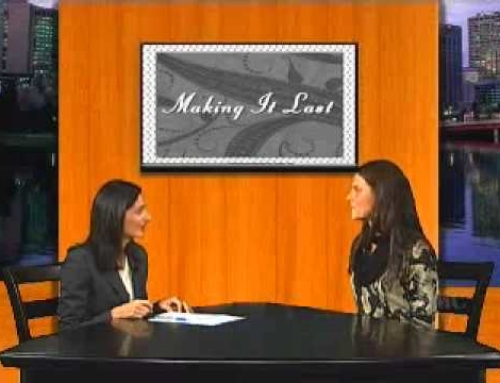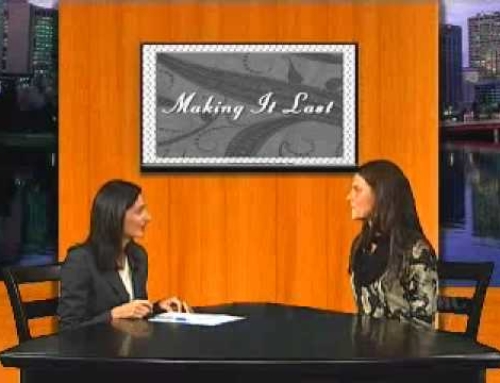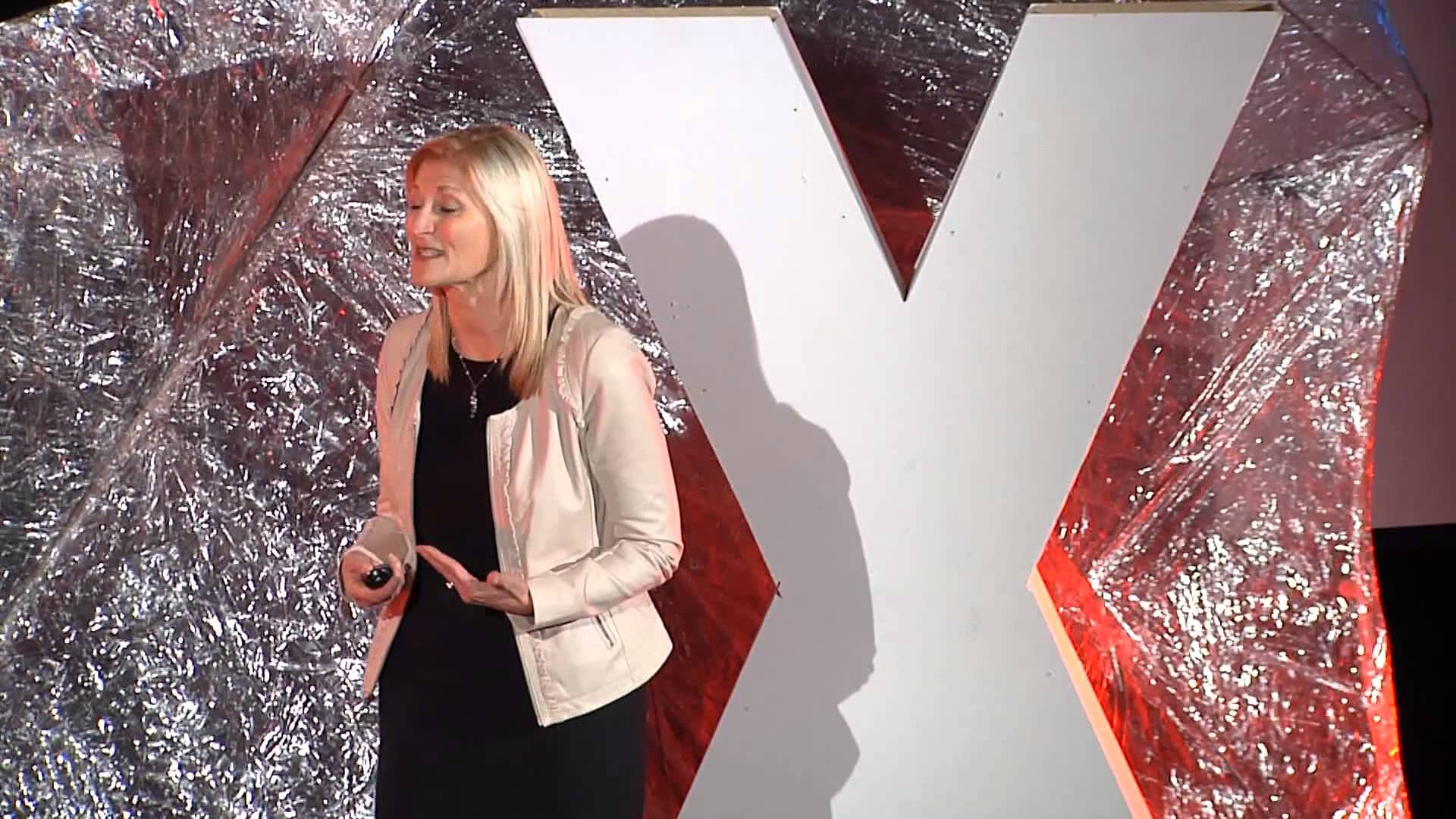When I primarily litigated, I often wondered what made a marriage fall apart. Now when I am mediating or doing a Collaborative divorce, I rarely have any remaining doubt. With both parties in the room, able to speak freely without fear that what is said can be used against them in court, I often witness the dysfunctional dynamic that led them to by office: both have important points to make, but 99% of the time, their delivery of that message sucks.
Dr. Gottman has repeatedly warned about the “Four Horsemen” that routinely appear during arguments: (1) criticism; (2) contempt; (3) defensiveness; or (4) stonewalling. As soon as any of these start to creep up in a meeting, it is my job to try and stop it. Unlike Gottman, I am not trying to repair a marriage; I am simply trying to help people address their legal issues so they can go their separate ways, but I constantly find myself having to remind people that negativity does not help, just as focusing on the past is irrelevant when the task at hand requires us to figure out how we are going to move forward.
The beauty of mediation or Collaborative cases is that in our sessions, we are able to point out to people better ways of communicating by enforcing certain rules of engagement, including the need to stick to “I” statements, such as “I feel like my input does not count when you do…” We ask people to avoid name-calling, which simply makes the other person tune-out or become defensive. If we see people getting too emotional or shutting down, we take breaks to make sure that the person can engage in meaningful settlement discussions while feeling calm and secure.
This is all so much easier said than done, but with practice, I do believe it is possible to rein in our emotions so that we can communicate more effectively. For those of us that did not grow up in a household that modeled good communication or conflict resolution skills, this will take a lot of practice– it is not something instinctive, it might even be counter-intuitive to how we are wired, but it is not impossible to learn, and the sooner the better. We all want to be heard, and with that goal in mind, it is key to remember that sometimes, it really is all in the delivery.









